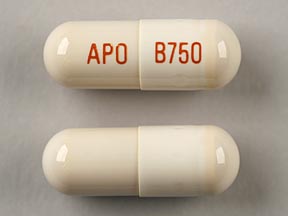
Balsalazide Coupons & Savings Card – Discount Prices from $78.27
Generic for: Colazal
My prescription
Edit
750MG, Balsalazide (270 Capsules)
Select pharmacy

CVS
$78.27
COUPON PRICE
Walgreens
$101.88
COUPON PRICE
Albertsons
$120.43
COUPON PRICE
Walmart
$131.23
COUPON PRICEBalsalazide savings card
Show this card to your pharmacist
CVS
$78.27
BIN
ID
PCN
GRP
019876
LH9F98F52F
CHIPPO
LHX
Powered by
More prescriptions for ulcerative colitis
More prescriptions for ulcerative colitis
Price history for Colazal (brand) & Balsalazide (generic)
270 Capsules, 750MG
Average retail price for Colazal
Average retail price for Balsalazide
Average SaveHealth price for Balsalazide
Our price history data is based on aggregated prescription data collected from participating pharmacies in America. Our prescription data updates daily to reflect the latest price changes. If you notice a missing data point, it means there wasn't sufficient data available to generate a monetary value for that date.
We analyzed Balsalazide prices for (750MG, 270 Capsules) over the last 12 months. The average retail price was $122.57, while the average price using the SaveHealth discount card was $95.65. That's a savings of approximately 21.96% when using our Balsalazide coupon.
Compared to the generic version, Colazal had an average price of $2228.88 over the same time period. With the SaveHealth savings card, Balsalazide is 95.71% cheaper on average than Colazal.
*Retail prices are based on pharmacy claims data, and may not be accurate when we don't have enough claims.
Balsalazide dosage forms
Dosage Quantity Price from Per unit 750MG 270 Capsules $78.27 $0.29 750MG 1 Capsule $2.95 $2.95 750MG 30 Capsules $16.08 $0.54 750MG 280 Capsules $80.49 $0.29
| Dosage | Quantity | Price from | Per unit |
|---|---|---|---|
| 750MG | 270 Capsules | $78.27 | $0.29 |
| 750MG | 1 Capsule | $2.95 | $2.95 |
| 750MG | 30 Capsules | $16.08 | $0.54 |
| 750MG | 280 Capsules | $80.49 | $0.29 |
